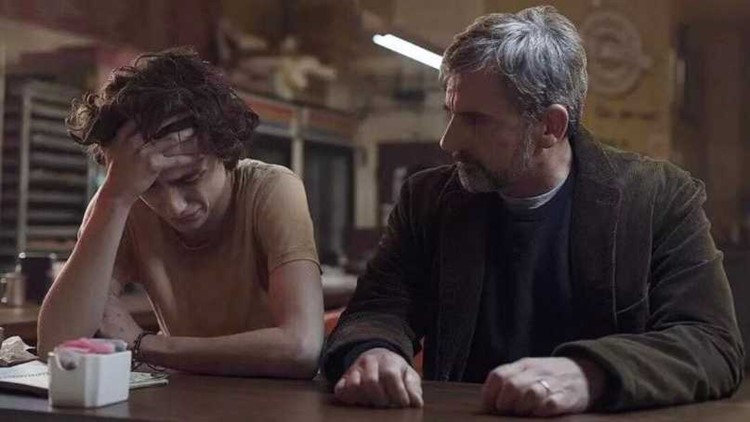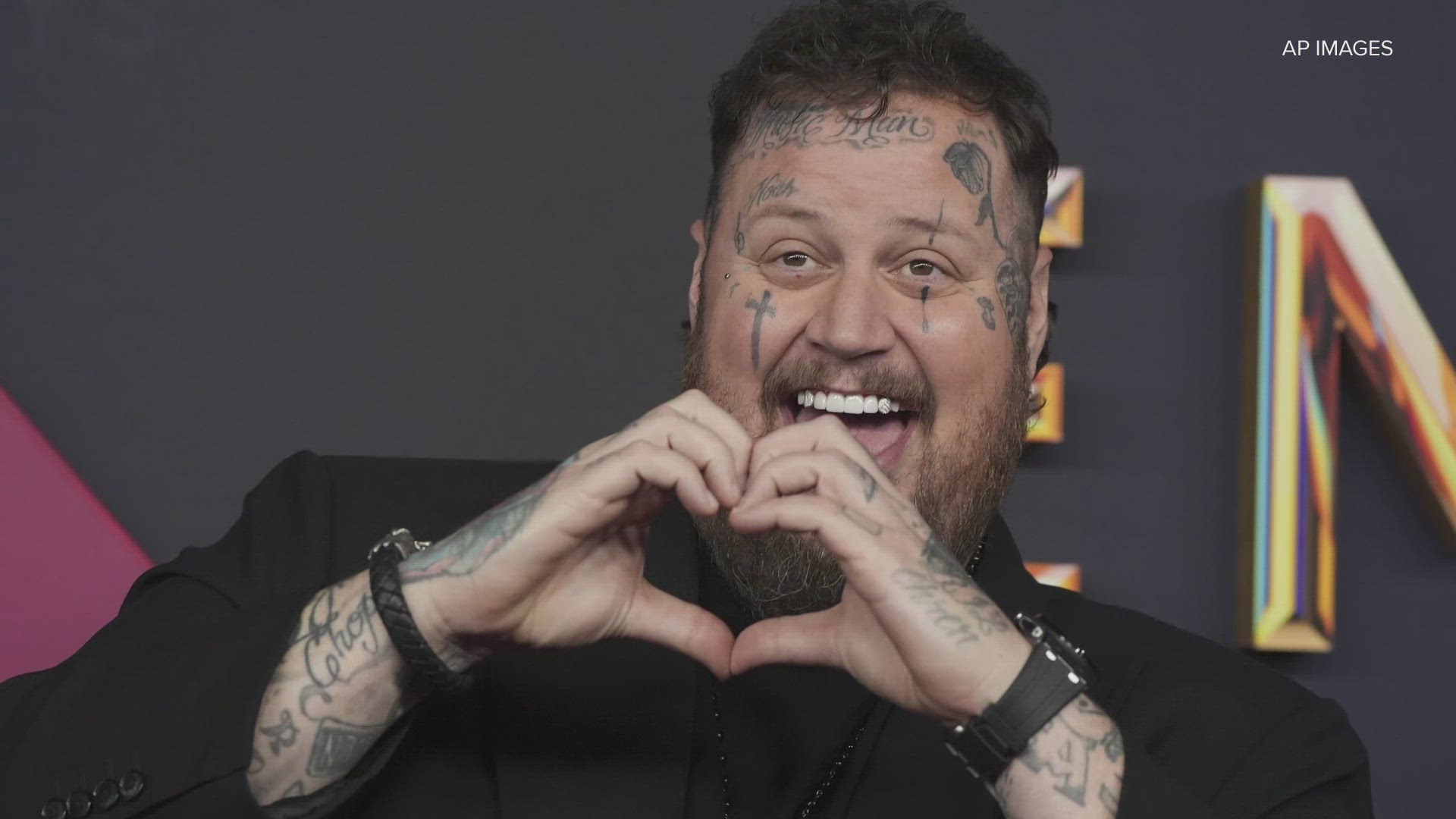David Sheff (Steve Carell) doesn’t know what to do. A successful freelance writer with a beautiful family, David seemingly has it all, but there’s just one thing: his oldest son, Nicholas (Timothee Chalamet), is addicted to crystal meth and it’s ruining not only his life, but many lives around him.
Beautiful Boy is a hard movie to watch. Let me warn you about how forthright Felix Van Groeningen’s film can feel to the average viewer. If you know nothing about one of the most powerful drugs in the world, you certainly will by the end of this painfully affecting two-hour film. It’s a cinematic tutorial picked up and taken to another level by a dedicated cast who aren’t afraid to go to the dark side of the moon to tell you a timely tale. Just understand it will take a piece out of you.
Groeningen and Luke Davies adapted David and Nicholas Sheff’s memoirs to make the film, with David’s book providing the title. At one point in the film, he sings the John Lennon tune to his son as he goes to sleep, his voice breaking through the lyrics. It’s almost as if this dad could see the storm brewing ahead, braced for its impact, yet still couldn't avoid having the boat flipped over.
Every parent thinks the worst. It comes with the job, especially if you want to do it right. The moment you put a child on this Earth, your anxiety and paranoia levels rocket up, because you try to see the bombs ahead on the path and do your best to defuse them. Beautiful Boy did a number on me, because I have a seven-year-old son who is earnest and intelligent, yet I know crystal meth could take him over.
I say this because Nicholas is a bright kid, but that didn’t matter. Drugs don’t care about ACT scores or how high your IQ is. A writer like his dad who also loves music, Nicholas is destined for great things and that may even include a college degree. Early in the movie, the high school Nick trades cute and witty banter with his dad while the two smoke a joint together. It seems harmless enough…I mean how many father and sons do this in real life without consequence? That’s just the beginning of the turmoil though.
I liked the way that Groeningen showed the impact not only on Nicholas, but everyone around him. David desperately tries to work with his ex-wife (Amy Ryan, living on the other side of the country), and his current wife (Maura Tierney) in helping his son, but the toll is being taken. The maternal mother is trying to do everything she can to help while the second wife is trying to find the thin red line between helping two different types of victim: one being afflicted by drugs and the other drawn to save his boy from them. The film takes deliberate measures in showing the multi-faceted affect a drug can have.
The cast is uniformly strong. Without them, this is a Lifetime movie you turn off after 35 minutes. Carell may have started out as the scene-stealer in Bruce Almighty, but he has developed into a versatile actor. He instantly makes David sympathetic and humbly desperate in his motives. You feel for him, but Carell doesn’t manipulate your feelings in garnering your attention. He just opens himself up to a role and gives it his all—without overdoing it. Tierney and Ryan put in good work with limited screen time and lines, with the former getting a great scene where her character tails a fleeing and drugged up Nicholas down a winding road next to their house. It’s a fearless portrayal of the helplessness blues that can stricken a family.
Rest assured, this is Chalamet’s show. People may have fawned over him (I was underwhelmed) for his work in last year’s Oscar nominee, Call Me By Your Name, but he blows that performance out of the water here. It’s one thing to play a conflicted young lover on an exotic European farm who has his heart broken by Armie Hammer (try watching him act), but it’s quite another to put a fight with a deadly drug on display without recalling previous actors in older movies.
Chalamet strips Nicholas down to the bone here, making the war with drugs seem all too fresh and real. He’s a thin kid to begin with, but here, the actor gives the frail frame of a young man an unhealthy torque and color that can only come from commitment. He makes you feel every single injection that he puts into his arm.
At one point in the film, an out of his wits Nicholas is trying to make his sponsor (Andre Royo) how this disease is different from a similarly deadly one. “This isn’t cancer! I chose to be here,” Nicholas proclaims to a hollow recipient who doesn’t know how to help him. Chalamet goes all the way here and should end up with his second Oscar nomination. This time, he’ll deserve it.
I loved the movie’s connection with music, which is a healthier drug, but one that can be an accomplice to bad deeds. One of the strongest bonds between the Sheffs is the love for music, and it’s one that holds up over the course of this film and its depiction of the family’s struggles. The soundtrack makes the events seem more personal and unique, which only adds to the film’s authenticity in its darkest hour. However, it's when the film goes silent in the pivotal harder to watch scenes that it reaches it a higher level.
The film isn’t without its flaws. You can feel the narrative push and pull in trying to condense and fit two different memoirs into one film. The flashback sequences with the younger Nicholas work in some cases and simply fester during others. Sometimes, the story gets in the way of the actor’s doing their thing, and it attempts to ground a film that shouldn’t stay there for long.
Outside of that, the film will make you uncomfortable in moments due to the bluntness of the drug-using scenes. I am not sure if that’s a drawback, but it can be tough to watch. Groeningen doesn’t hold back, and that may put off some viewers. This is one of those movies with a cold exterior that harnesses a warmth at the center due to the performances, which redeems the uneven structure and overall feel of the film.
Stay for the credits. If you are a fan of Charles Bukowski and his poetic and lively tales, you are in for a treat. I haven’t been more captivated by narration during credits in a long time.
Like this weekend’s What They Had, Beautiful Boy shows the full effect that a disease can have on a family, and how it’s a constant battle worth fighting no matter how much it takes. It’s not a perfect film, but I left thinking about my young son, hoping to steer him clear of the battles ahead. I learned a few things, soaked them in, and allowed the film’s provocative message to sweep over me.
Beautiful Boy isn’t for everyone, but it’s an important journey worth taking.



